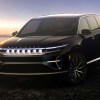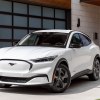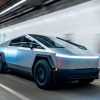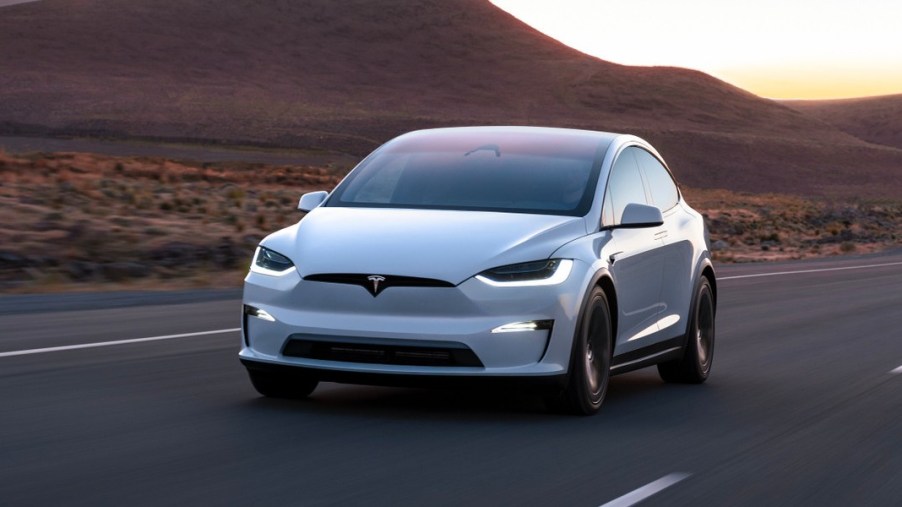
Most Americans Say This New Car Feature is Terrifying
Self-driving cars occupy a strange place in our current world. Many people have an almost morbid curiosity about them, a much smaller subset of people are willing to trust the lines of code with their lives, and the majority of Americans find the technology terrifying. That said, the technology has made major strides in the last few years. However, real human lives ended at the “hands” of these self-driving cars is piling up, and more people are taking notice. This new car feature went from strangely exciting to quite scary.
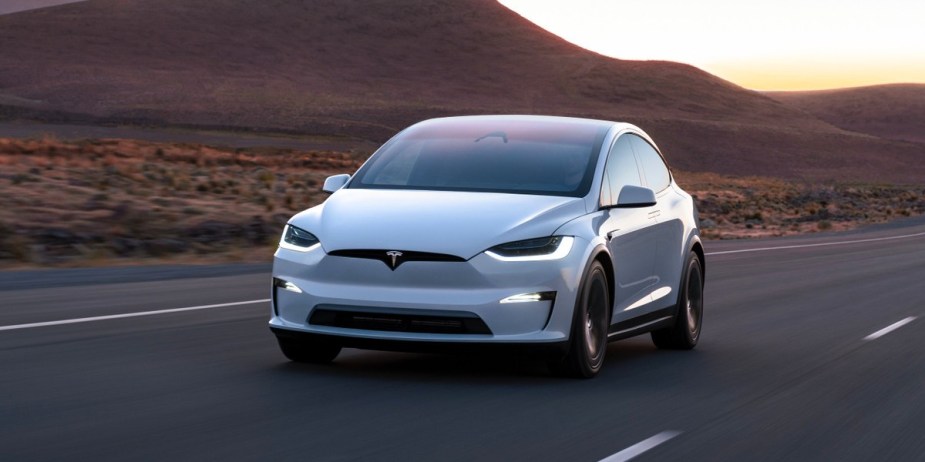
Do self-driving cars actually work?
According to The Drive, a recent study from AAA revealed just 9% of Americans “trust” self-driving vehicles, 23% are unsure, and 68% are “afraid” of the tech. This study reviewed responses from 949 American adults. While that isn’t the largest sample size, it could still accurately show a common pattern in American adults on the self-driving car topic.
While the group is small, AAA has been conducting this research since 2020, and what it has noticed is that the group of drivers who don’t trust this new car feature is growing. In 2021, “trust” in AI-driving tech reached its highest percentage. That year, 54% of Americans reported being “afraid” of the vehicles, with 14% trusting them and 32% being unsure.
Is Tesla the only “Self-driving” car?
While Tesla has certainly gotten the most publicity on the subject, other car companies are working on similar technologies. GM is testing autonomous cabs in San Francisco, and Amazon is working on autonomous vehicle tech, too. However, Ford recently threw in the towel on their AV efforts.
The only other automaker that claims to have any level of full-self- driving technology is Mercedes-Benz. The German marque has only gotten approval in Nevada to use its “Drive Pilot” on public roads. And even still, it can only be used under 37 mph.
How many people have died in self-driving cars?
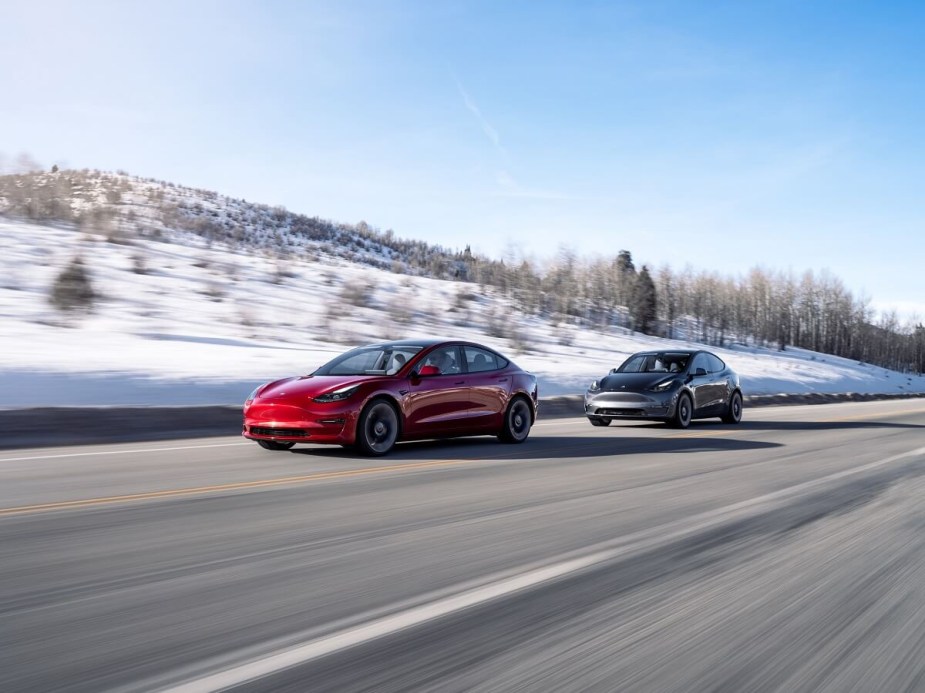
The NHTSA says that carmakers have submitted 419 autonomous vehicle crash reports as of January 15, 2023. 263 of those crashes were in Level 2 ADAS cars. However, only 156 have been in truly autonomous, ADS-equipped vehicles. Across these 419 crashes, the NHTSA says 18 of them were definite fatalities.
The Director of automotive research at AAA said the organization was “not expecting such a dramatic decline in trust from previous years.” He blames the lack of trust on “the number of high-profile crashes that have occurred from over-reliance on current vehicle technologies.” If you read “Tesla” between those lines, that’s probably what the Director was hinting at.
Tesla’s “full self-driving” system has been directly related to a number of crashes in the past few years, including some that were fatal. Other driver assistance systems like GM’s Super Cruise or Ford’s Blue Cruise have not drawn the same level of attention because there isn’t a Dogma around those brands like some might see in Tesla sycophants.
AAA also mentions the ongoing investigation looking at the misleading naming of some of these systems like “Autopilot” and “Full-Self Driving.” These names might give drivers the impression that their cars can drive for them completely, without any supervision, which they cannot.
New technologies often come with a bit of distrust and even, sometimes, fear. However, we all share the road with one another. The fact that someone can choose to trust an unproven computer system and drive on the same roads with others who have chosen not to trust a system still being tested is unnerving for many. This study shows just how many people still aren’t onboard with this new car feature.
